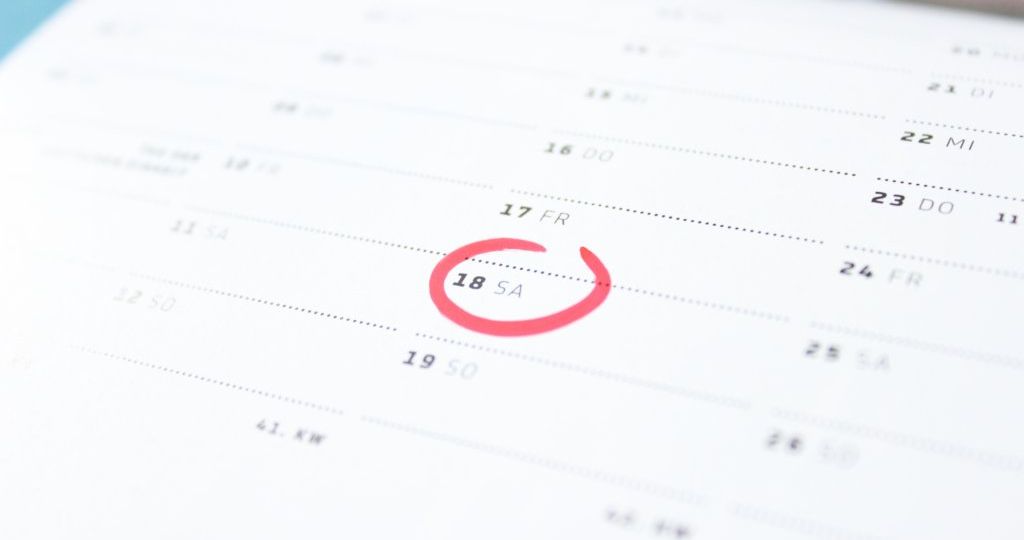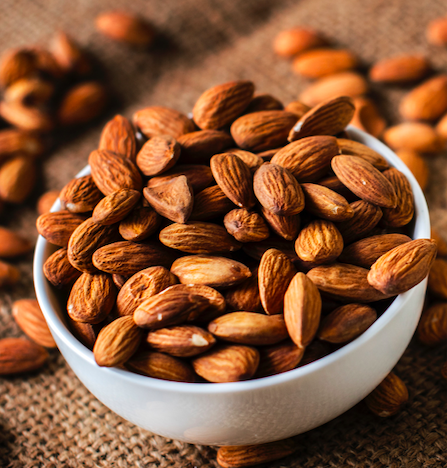We’ve written elsewhere about why we are fans of tracking your cycles and what you can learn from it. For those of us that are on the pill, have an IUD, have had an ablation or have had a hysterectomy, cycle tracking isn’t an option. However, tracking symptoms is an…
Take Action
Or why we wish we’d known about tracking your menstrual cycle sooner! We started this project out of frustration that our healthcare providers didn’t acknowledge our new symptoms in our early 40s as possibly tied to hormonal changes. However, we now know that we shouldered some of the blame. When…
Exercise can lessen mood changes and many of the other things women experience in the years leading up to menopause. Things like disrupted sleep, cognition challenges (aka brain fog), and weight gain. Dr. Richardson underscores that exercise is important during all phases of life, but particularly when women are faced…
Two quotes from an article about making changes in midlife: “So, does prevention work? Women who don’t smoke, walk a half-hour a day, aren’t overweight, and eat a prudent diet—defined in the study as greater than average fruit, vegetable, nut, whole grain, and bean consumption—had a 92% lower risk of…
In this article, Dr. Michael Greger from nutritionfacts.org talks about almonds and the benefit they provide for improved bone health. He explains that bone is living and it is constantly in a state of growth and at the same time being depleted. The rate of depletion increases beginning when hormones…
Trouble sleeping? Waking at night? We suggest tracking when you sleep poorly to see…






